Piracy is a term that has evolved. While historically associated with maritime activities, today, it’s most commonly related to illegal copying and distribution of digital content. In this article, we’ll dive deep into what piracy is, its various forms such as software piracy, and the broader implications of digital piracy.
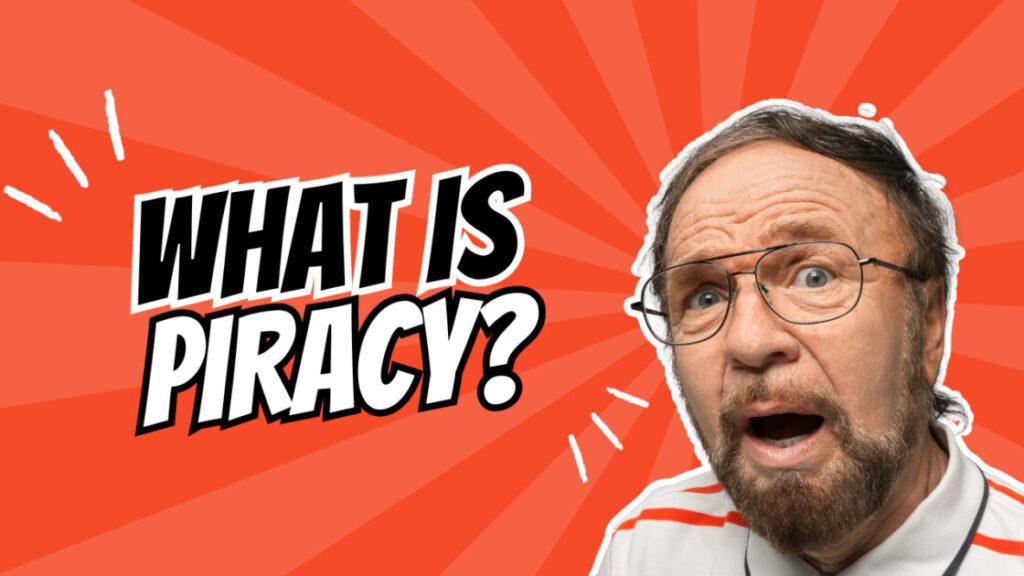
What is Piracy?
Piracy refers to the unauthorized use or reproduction of someone else’s work. In the digital world, piracy is the illegal downloading, sharing, or distribution of copyrighted content such as movies, music, software, and books without the permission of the copyright holder.
Piracy Meaning
At its core, piracy means the illegal duplication or distribution of intellectual property without the right holder’s consent. The term extends beyond just digital content; even the unauthorized use of software or patents can be classified under piracy.
- Copyright infringement: Unauthorized reproduction or distribution of copyrighted material, such as music, movies, books, or software.
- Patent infringement: Unauthorized use of a patented invention.
- Trademark infringement: Unauthorized use of a registered trademark.
Types of Piracy
- Digital Piracy: The most common form of piracy today, involves the unauthorized copying, distribution, or sharing of digital content.
- Software Piracy: The illegal copying, distribution, or use of software without a valid license.
- Movie Piracy: The unauthorized distribution of movies, often through online platforms.
- Music Piracy: The unauthorized copying or distribution of music, including downloads and streaming.
- Book Piracy: The unauthorized copying or distribution of books, often through online platforms or physical copies.
Impact of Piracy
Piracy has a significant impact on the creative industries and the economy as a whole. Some of the negative consequences of piracy include:
- Loss of revenue: Piracy can lead to substantial financial losses for creators, artists, and businesses.
- Reduced innovation: Piracy can discourage innovation and investment in creative industries.
- Job losses: Piracy can lead to job losses in the creative industries and related sectors.
- Legal consequences: Piracy is illegal and can result in fines, legal action, and even imprisonment.
How to Combat Piracy
- Stronger copyright laws: Implementing and enforcing stronger copyright laws can deter piracy.
- Education and awareness: Raising awareness about the consequences of piracy can discourage people from engaging in illegal activities.
- Technological advancements: Developing new technologies to prevent and detect piracy can help combat this problem.
- Consumer education: Educating consumers about the importance of supporting legitimate creators can help reduce demand for pirated content.
Digital Piracy: A Growing Concern
Digital piracy refers to the unauthorized reproduction and distribution of digital content, including music, movies, eBooks, video games, and more. With the rise of the internet and advancements in technology, digital piracy has become more prevalent and difficult to control.
Piracy Movie Websites
One of the most common forms of digital piracy is via piracy movie websites. These websites allow users to download or stream movies for free, which directly impacts the film industry. Websites such as these are often hosted in countries with lenient intellectual property laws, making it difficult to prosecute their operators.
Some popular search terms users might use to find pirated content are:
- Free movie streaming sites
- Download latest movies free
- Torrent websites
Software Piracy: What Is It?
Software piracy is the unauthorized copying, distribution, or use of software. This can happen in several ways:
- Cracked software: Software that has been altered to bypass licensing or activation processes.
- Illegal downloads: Downloading software from unauthorized platforms or websites.
- Using one license on multiple devices: Sharing or using software licenses beyond the stipulated number of allowed devices.
What is Software Piracy?
Software piracy is the act of using, copying, distributing, or selling software without permission from the owner or without purchasing the necessary licenses. It includes illegally downloading paid software or sharing it in a manner that violates licensing terms.
Common examples include:
- Downloading expensive design software like Adobe products without purchasing them.
- Using hacked versions of video games or professional tools.
Reddit’s Role in Piracy Discussions: Piracy Megathreads & r/piracy
Platforms like Reddit have become hubs for discussions about piracy. r/piracy is one such subreddit where users share information, tools, and resources about pirating content, ranging from movies to software. Often, users create piracy megathreads which serve as guides or compilations of links, tools, and methods for pirating different types of content.
While Reddit has policies in place to combat illegal activity, the nature of the platform allows for users to create and share this kind of content in relative anonymity.
The Impact of Piracy
Piracy, whether it’s software, movies, or digital content, has wide-reaching consequences. Here’s how piracy affects different sectors:
- Economic Losses: The entertainment and software industries lose billions of dollars each year due to piracy.
- Job Losses: With fewer sales, companies are forced to cut jobs, reducing opportunities for employees.
- Quality Concerns: Pirated content is often of lower quality and may contain malware or viruses, especially in the case of software and video files.
- Legal Consequences: Engaging in piracy can result in severe penalties, including hefty fines and jail time.
Conclusion
Piracy, whether it’s digital piracy of movies, music, or software, is illegal and harmful to creators and businesses. Understanding the different forms of piracy, such as software piracy and the role of platforms like piracy megathreads on Reddit, can help consumers make more informed decisions about how they access content online. Instead of engaging in piracy, opting for legal alternatives supports industries and ensures high-quality, virus-free experiences.
FAQs:
1. What is digital piracy?
Digital piracy refers to the unauthorized reproduction and distribution of digital content such as movies, music, and software without permission from the copyright holder.
2. What is software piracy?
Software piracy is the illegal copying, distribution, or use of software without the appropriate licenses or permissions.
3. Are piracy movie websites illegal?
Yes, piracy movie websites are illegal as they allow users to download or stream copyrighted movies without permission from the creators.
4. What are piracy megathreads?
Piracy megathreads are guides or collections of links and tools shared on platforms like Reddit that provide resources for pirating content.
5. What is the subreddit r/piracy?
r/piracy is a subreddit on Reddit where users discuss and share information related to pirating movies, software, and other digital content.

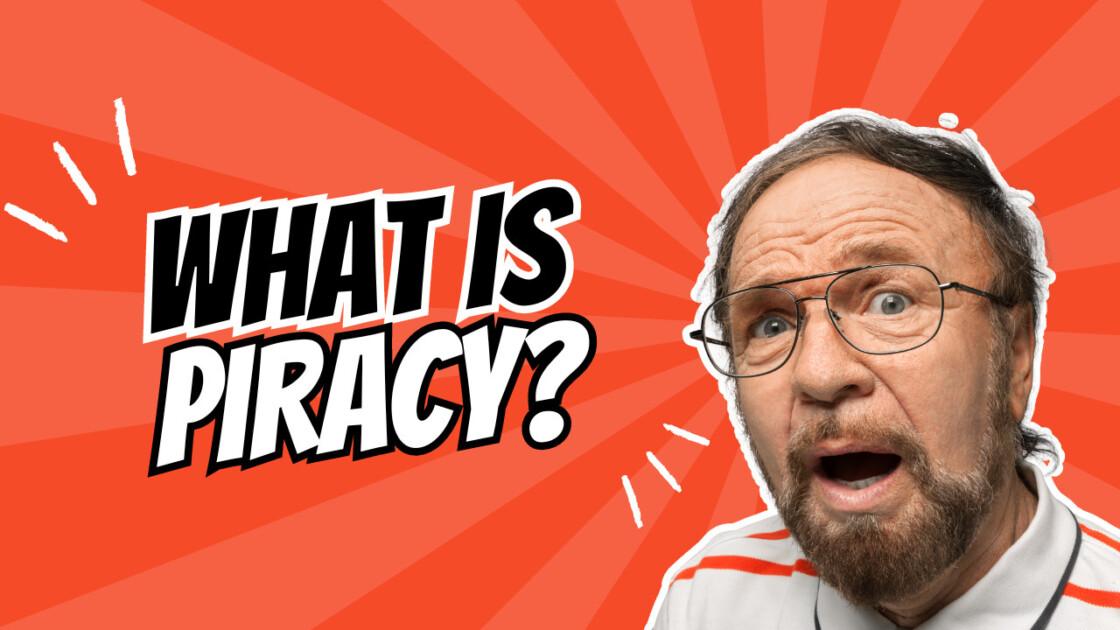
![भारतीय मौसम विज्ञान विभाग (IMD): मौसम पूर्वानुमान, चेतावनी प्रणाली और जलवायु रिपोर्ट 2026 [पूर्ण जानकारी]](https://marathibanna.com/wp-content/uploads/2026/01/भारतीय-मौसम-विज्ञान-विभाग-IMD.webp)

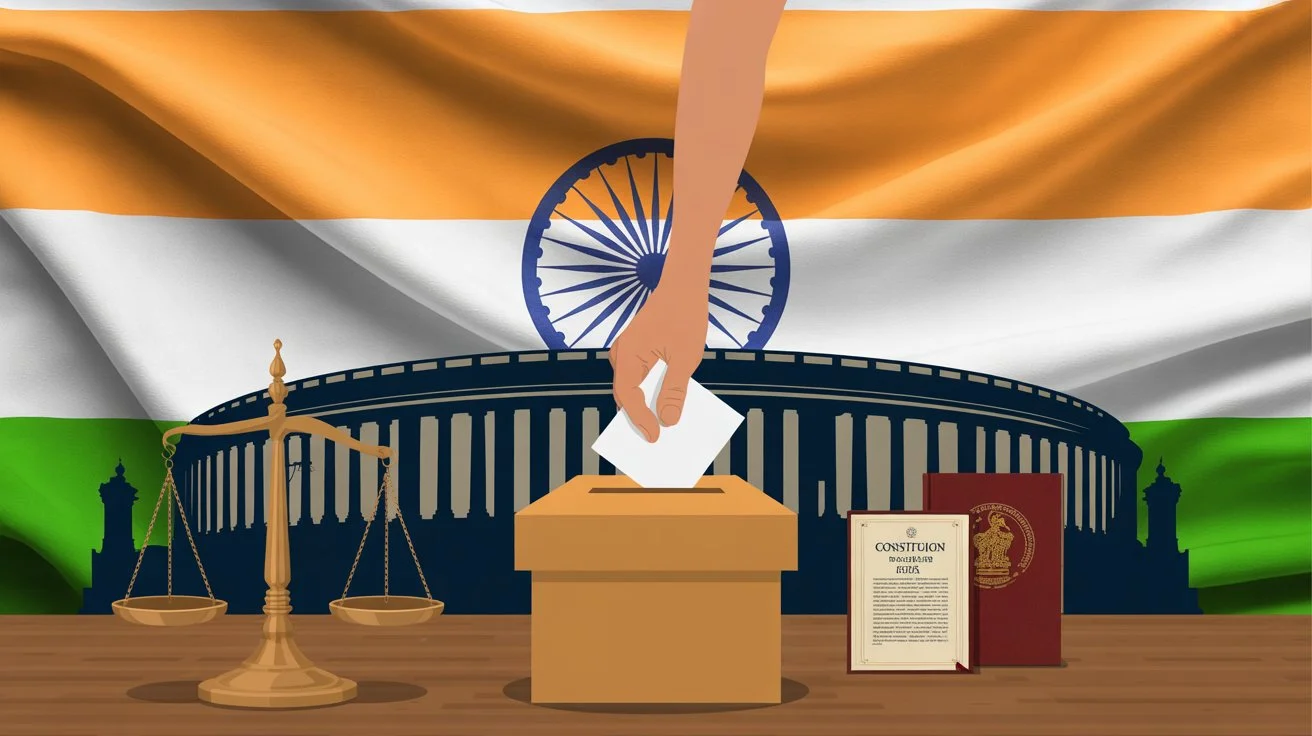

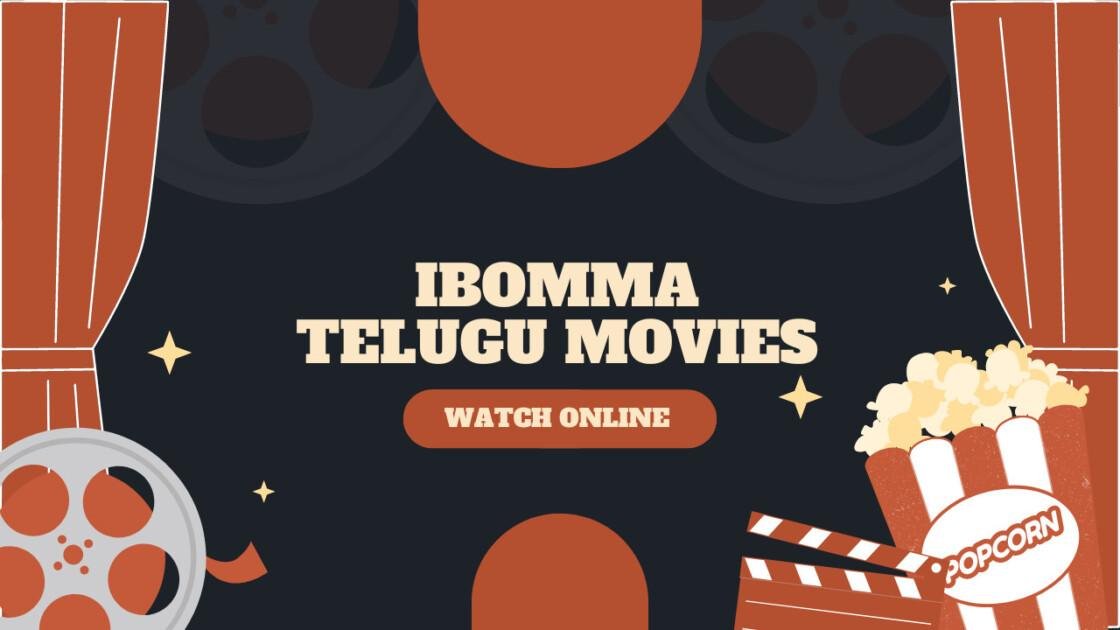
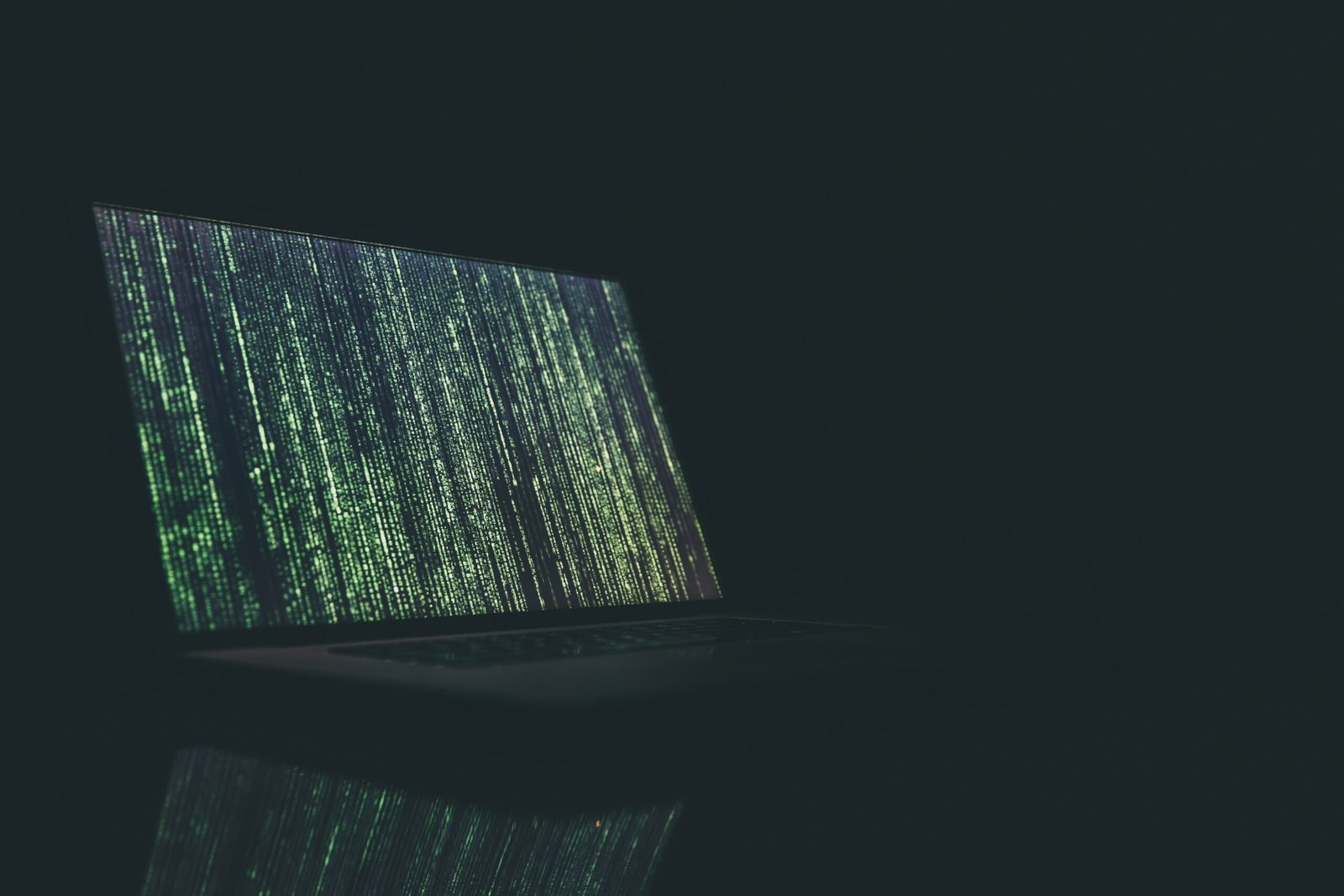



1 Comment
[…] you ever wanted to be a digital creator god? Well, Infinite Craft lets you do just that! In this comprehensive guide, I’ll walk you […]